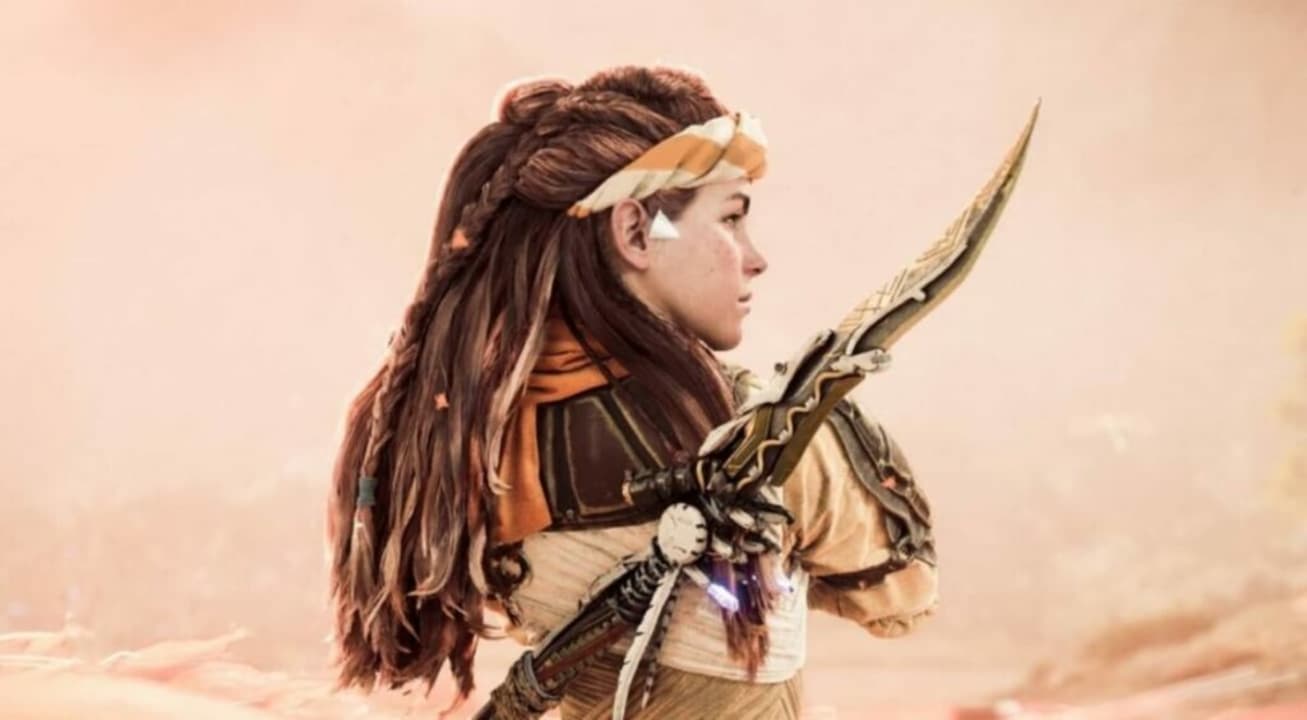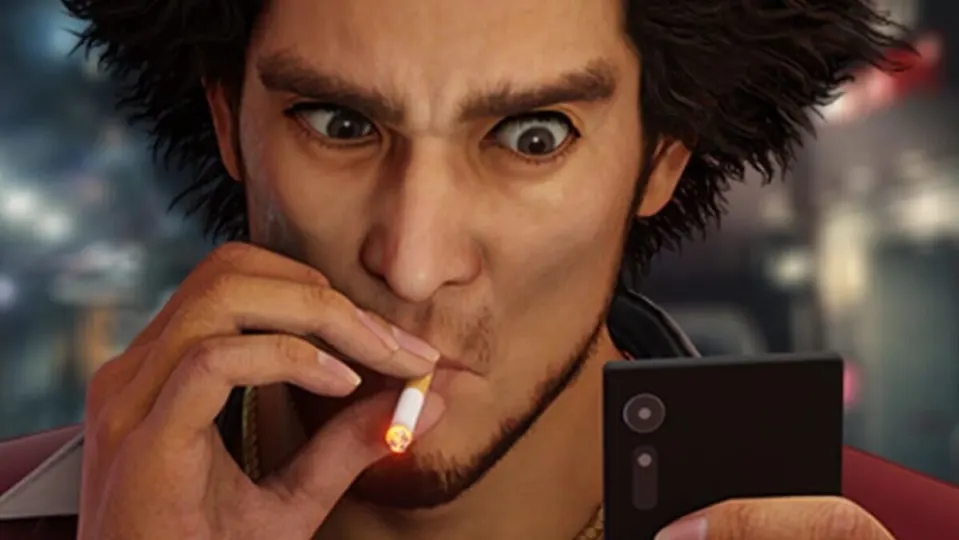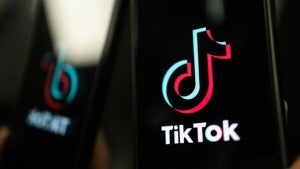There is a problem with credits in video games… and it’s not a small problem, to say the least. Some readers may have started reading this text and wonder what it’s about, what is this problem that Nacho is referring to. But the latest incident with the Yakuza series (or Like a Dragon, as it must now be called according to SEGA) exemplifies it so well that we will use it to explain everything.
Just a few days ago, Reddit user Timo653 noticed that the complete collection of Yakuza games on GOG had truncated credits. In other words, many familiar faces within the series had suddenly disappeared. We’re not talking about low-profile developers here; people like Toshihiro Nagoshi, one of the creators of the saga, were missing from the credits!
In addition to Nagoshi, the credits also failed to include the developers from Lab42, the team behind Yakuza 0 and Yakuza Kiwami on PC, as well as the team from QLOC, who worked on Yakuza Kiwami 2 and Yakuza 6.
Unfortunately, what has happened in the Yakuza series is quite common in the world of video games. Crediting individuals involved in a game has become a daunting task. The simple act of acknowledging everyone who contributed to a production has taken on absurd proportions, with companies removing developers from their credits in new versions or even omitting credits altogether.
Just a year ago, we had the case of Metroid Dread, where several former employees who worked extensively on the game were not credited. We’re not talking about people who worked for just a week or two (who should also be credited, by the way, despite what some may argue), but profiles who were involved in the production for nearly a year.
A similar situation arises with translators. Few professions are as mistreated as those responsible for translating video games or other cultural products. Many times, localization professionals are not credited in video games. Instead, only the agency that hired them is mentioned. That’s it. Who translated the game? That’s the key, nobody knows…

To make matters worse, translators often find themselves unable to say anything due to signing draconian confidentiality agreements. Therefore, localization professionals not only do not appear in video games, but they are also prevented from even mentioning their involvement. Among all possible scenarios, this is the worst because there is nothing to attest that a person has been working there, except for the team itself who can corroborate this information. And yes, this extends to after the video game has been released, not before, which is logical and normal.
The issue of accreditation in video games has more absurd moments. For example, in the Horizon series on PlayStation, beyond the absence of translators in the credits, Michelle Jenner, the voice actress for the protagonist in Spanish, is also not listed. However, her image is used for all promotional events! It is nonsensical.
The only way for any developer, creative, etc., to prove their involvement in a project is through accreditation. Depriving them of it not only takes away their rightful recognition but also denies them potential future opportunities, as they find themselves in a labor limbo where nothing is confirmed and accredited. Hopefully, SEGA will reconsider and rectify what happened with the Yakuza series, although that would be like patching a huge swimming pool that keeps leaking from all existing holes…
Some of the links added in the article are part of affiliate campaigns and may represent benefits for Softonic.


